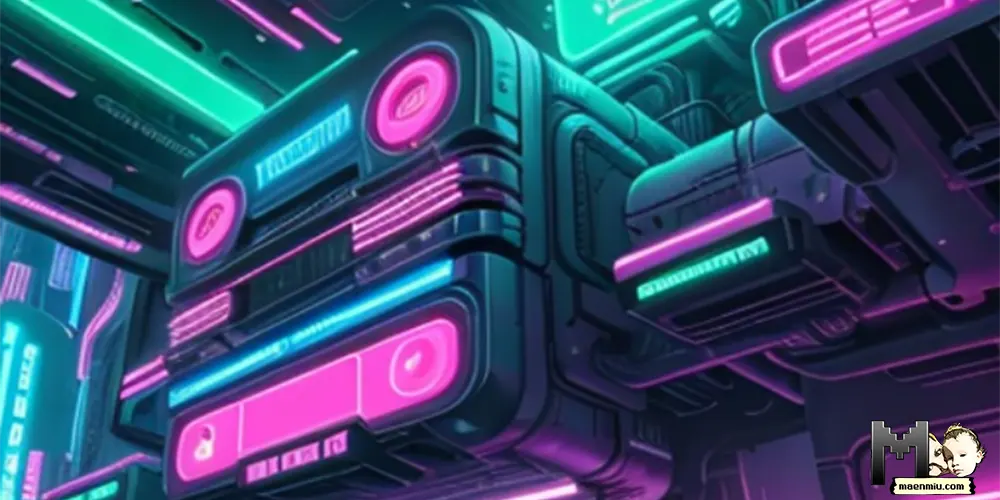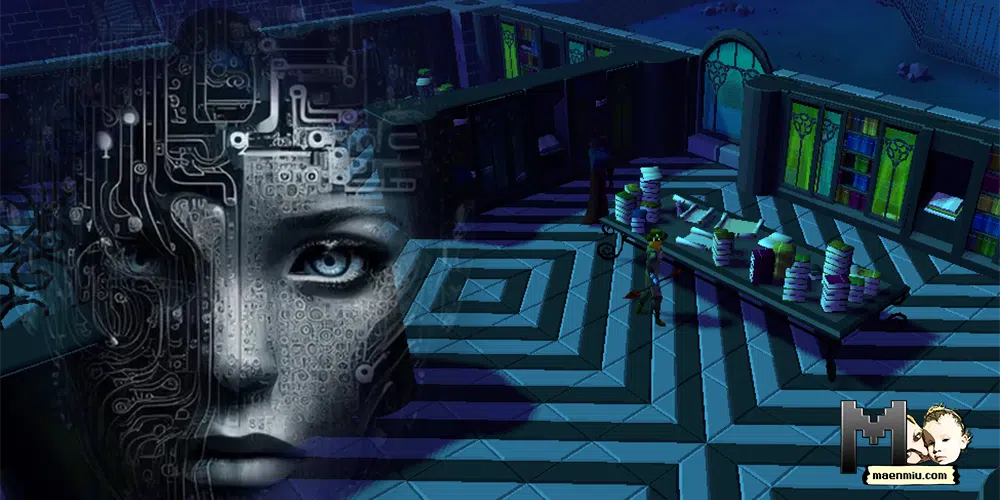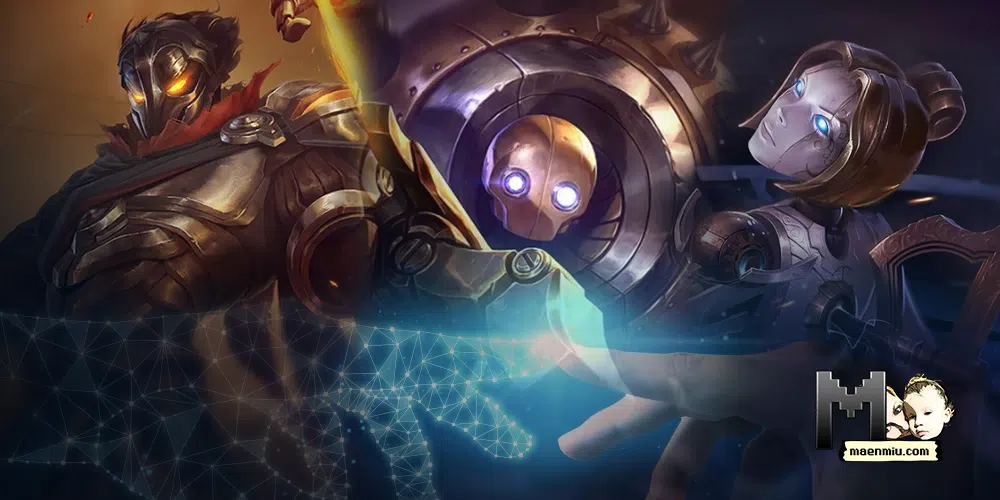
As the dawn of artificial intelligence (AI) has come upon us, numerous artists have picked up their pens and instruments to craft songs that depict their take on this scientific advancement. Their creativity in bridging the gap between human experience and AI through music has resulted in thought-provoking lyrics and melodies, highlighting hopes, fears, and the unknown of this transformative era. This article will explore how AI has been forecasted in popular music, analyzing key themes and sentiments.
You might like

Kraftwerk’s “Computer Love”
One of the first songs to incorporate an AI narrative is Kraftwerk’s “Computer Love” from their 1981 album ‘Computer World’. This German band, known for pioneering electronic music, uses a synthetic voice to narrate the lonely protagonist’s search for love through a computer, a concept decades ahead of its time. The song illustrates the evolving relationship between humans and technology, a subject that would later become a staple in the AI narrative.
Queen’s “The Show Must Go On”
In 1992, British rock band Queen released “The Show Must Go On”, from their album ‘Innuendo’. Although not explicitly about AI, the song’s lyrics, “I’ll top the bill, I’ll overkill, I have to find the will to carry on, on with the show,” echo the relentless march of technological advancement, including AI. It’s a sentiment about keeping up with a world that constantly moves forward, which is even more applicable today in our AI-driven society.
Radiohead’s “OK Computer”
Radiohead’s “OK Computer” album from 1997 is a masterpiece that draws heavily from technological anxiety. The song “Paranoid Android,” depicts an AI’s paranoia in an uncertain world, a direct reference to Marvin, the “paranoid android” from Douglas Adams’ “Hitchhiker’s Guide to the Galaxy”. The band uses AI as a metaphor to explore themes of dehumanization and isolation, a reflection of growing concerns around technology’s role in society.
Drake’s “Views”
Fast forward to 2016, when Canadian rapper, Drake released “Views”, an album featuring the track “Childs Play”. In this song, Drake metaphorically talks about the ease of upgrading relationships just like one upgrades their phones, indirectly highlighting the AI concept of machine learning and improvements over time. It’s a stark contrast to Kraftwerk’s “Computer Love”, but nonetheless, it highlights the evolution of AI in our daily lives.
Katy Perry’s “Chained to the Rhythm”
In 2017, Pop icon Katy Perry’s song “Chained to the Rhythm” included an interesting commentary on AI, suggesting a dystopian future. The lyrics, “Living our lives through a lens, trapped in our white-picket fence,” depict society’s blind acceptance of technology, including AI, and its potential to control our lives.
Janelle Monáe’s “Dirty Computer”
Janelle Monáe’s 2018 “Dirty Computer” album stands out for its embracement of technology and AI. In the title track, Monáe reclaims the term “Dirty Computer” for those marginalized by society. By equating individuals to computers that can be ‘cleaned’ or ‘fixed’, the singer explores the themes of AI and identity, suggesting a future where diversity is celebrated, and AI plays a positive role.
Marilyn Manson’s “Mechanical Animals”
In the world of rock music, Marilyn Manson stands as a controversial and provocative figure whose works often delve into societal critique. His 1998 track, “Mechanical Animals”, from the album of the same name, is a perfect example of this. The song talks about feeling numb and disconnected, a possible analogy to society becoming mechanical and losing its human touch due to the rise of AI and technology. The entire album, with its dystopian aesthetic, draws a bleak picture of the future where technology and artificial intelligence dominate and manipulate human emotions. Manson’s vision is a cautionary tale of what could go wrong if we lose control over AI and let it dictate our lives.
Zager and Evans’ 1969 hit, “In the Year 2525.”
A song that deserves mention when discussing AI predictions in music is Zager and Evans’ 1969 hit, “In the Year 2525.” The song is a speculative journey through the future of humanity, predicting the reliance on technology and potential doom if humans fail to control their creation. The lyrics, “In the year 5555, Your arms are hanging limp at your sides… Your legs got nothing to do, Some machine is doing that for you,” hint at a future where AI and machines have made humans redundant. The line, “In the year 7510, If God’s a-coming, He oughta make it by then” suggests the potential for artificial superintelligence that could rival the concept of a god.
Interestingly, the verse that would follow your quoted line, “In the year 8585, I’m gonna wonder if man is gonna be alive,” speculates about the consequences of AI gone wrong, resulting in humanity’s potential self-destruction. The apocalyptic vision painted by Zager and Evans’ song serves as a warning about unregulated advancements in technology and AI, emphasizing the need for careful consideration and ethical advancements.
Final thoughts
Through these songs, artists like Marilyn Manson, Zager, and Evans highlight potential pitfalls of AI and warn us about the consequences of unchecked technological growth. Their work reminds us that while AI offers immense possibilities, it also requires careful navigation to ensure it benefits humanity rather than leading to our detriment.
The way artists have incorporated AI into their songs is as diverse as the artists themselves. AI in music has transcended from merely being a metaphor to becoming a central theme that ponders upon our relation to technology, our fears, and aspirations. Whether they present a dystopian future or optimism in human-machine synergy, these songs continue to enrich our cultural conversations about AI, making them timeless pieces in the history of music. As we navigate our way further into the era of AI, we can be sure that artists will continue to illuminate our path through their songs, offering insight into our collective hopes and fears for the future
I created this article with the partial assistance of an AI tool. Learn about my view on AI and why I’m telling you about it.

